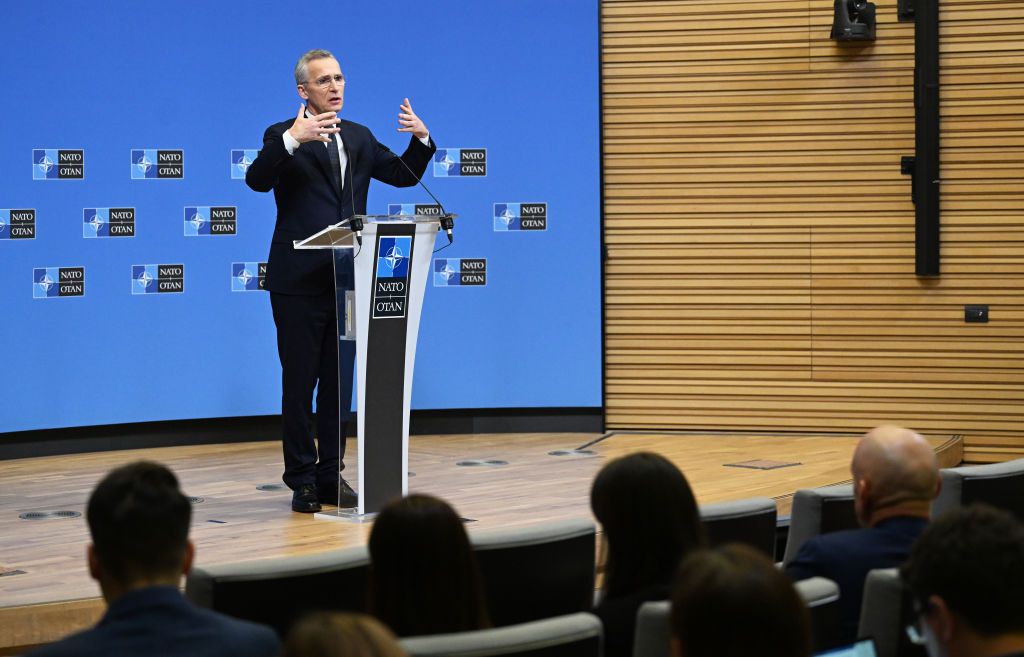Pistorius: Germany aims to deliver 4 times as many shells to Ukraine in 2024

Germany plans to "deliver around three to four times as much artillery ammunition" to Ukraine in 2024 as it did in 2023, German Defense Minister Boris Pistorius said upon arrival to the meeting of the Ukraine Defense Contact Group (UDCG) in Brussels on Feb. 14.
The EU's top diplomat, Josep Borrell, recently conceded that the EU will fail to provide a million artillery rounds to Ukraine by March. Only around half of this number is projected to be delivered by the original deadline.
The EU now aims to deliver over 1 million shells to Ukraine by the end of 2024, Prime Minister Denys Shmyhal said after meeting Borrell in Kyiv on Feb. 7.
A report by Estonia's Foreign Intelligence Service on Feb. 13 assessed that Russia's supply of artillery ammunition far outstrips that of Ukraine.
As well as producing new ammunition, Russia refurbishes Soviet stocks of artillery ammunition, bringing the amount available to "3-4 million units in 2023," according to the report.
"A lesson from this war is that munitions are essential for operational readiness," Pistorius told reporters in Brussels.
Pistorius referenced his visit on Feb. 12 to the construction site of a new ammunition factory in Germany being built by the German arms manufacturer Rheinmetall. The factory is expected to be able to produce up to 200,000 artillery shells per year.
Germany will spend more than 3.5 billion euros ($3.75 billion) on purchasing ammunition in 2024, Pistorius said, describing this as an "unprecedented" figure.
NATO Secretary General Jens Stoltenberg said on Feb. 14 that he expected 18 of the 31 NATO members, including Germany, to meet the goal of spending at least 2% of their GDP on defense in 2024, an increase of seven countries from the previous year.
The need to increase defense spending was reignited after the full-scale invasion of Ukraine in 2022. For the first time since the end of the Cold War, Germany is expected to reach the 2% goal, a spokesperson for Germany's Defense Ministry said on Feb. 14.














